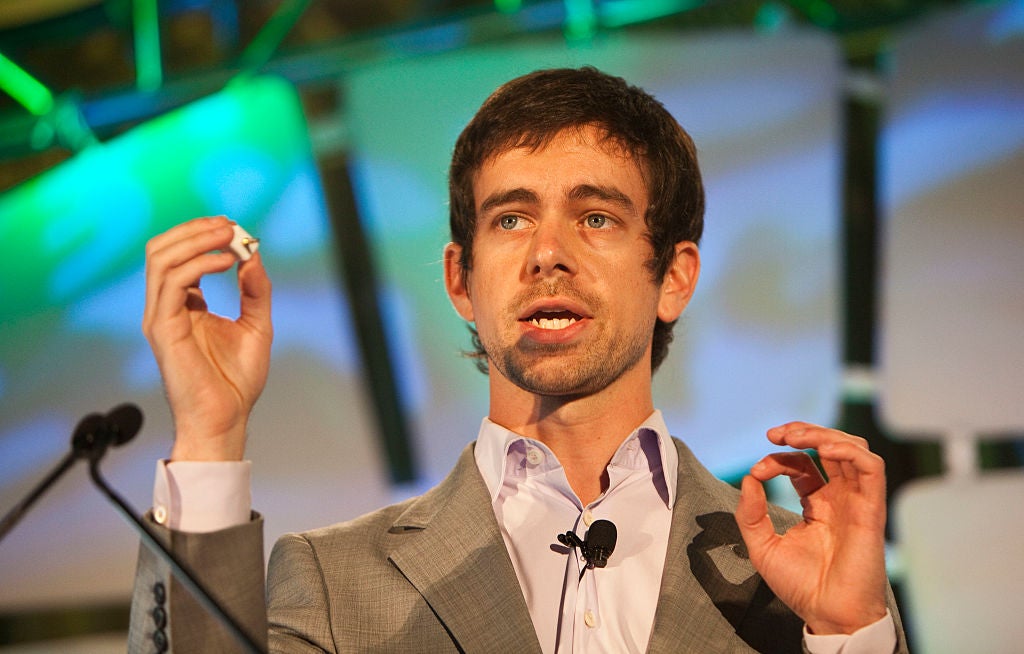
If you thought 2021 had seen enough technology hype and froth from NFTs and the metaverse, you’d probably forgotten about Web3, or not heard of it yet. But this week Web3 became a lot better known, thanks to Jack Dorsey and Elon Musk – the well-known founders of Twitter and Tesla – pouring scorn on the whole idea.
Web3, for the uninitiated, is a name for the evolution of internet use over the next 10-15 years. Where the current model of web usage sees huge amounts of activity channelled through just a handful of platforms (think Google and Facebook/Meta), Web3 evangelists suggest that the future will see widespread use of blockchain technologies to decentralise the internet. It’s suggested by some that this will mean internet by the people, for the people.

Access deeper industry intelligence
Experience unmatched clarity with a single platform that combines unique data, AI, and human expertise.
If you ask former Twitter CEO Jack Dorsey though, ordinary people “won’t own Web3”, the “VCs [venture capitalists] and their LPs [limited partners] do.”
“It will never escape their incentives. It’s ultimately a centralized entity with a different label,” Dorsey tweeted on Tuesday, an unexpected move considering Dorsey’s well known enthusiasm for trendy blockchain-based NFTs.
Tesla CEO Elon Musk, no stranger to wild concepts himself, chimed in saying Web3 was more “marketing than reality.”
By Wednesday, Dorsey found himself blocked on Twitter by Marc Andreessen, co-founder of monster Silicon Valley venture capital operation Andreesen Horowitz, one of Web3’s key evangelists.

US Tariffs are shifting - will you react or anticipate?
Don’t let policy changes catch you off guard. Stay proactive with real-time data and expert analysis.
By GlobalData“I’m officially banned from Web3,” Dorsey Tweeted, revealing a lack of festive spirit among the big tech bros this Christmas.
Andreessen Horowitz has long been promoting its Web3 visions via its media arm and website, which didn’t go unnoticed by Dorsey, judging by trolling tweets sent earlier in the week to his 6 million followers.
Andreessen has apparently blocked others who have been critical of Web3 in the past week. Dorsey too has been unfollowing Web3 proponents on his platform, and following his fellow “Bitcoin maximalists” who are suspicious of any non-monetary application of blockchain technology.
Web3 business investment
But moving away from disputes among the tech bros, has Dorsey’s and Musk’s criticism damaged the credibility of Web3 as an idea? Surely nobody could be better at spotting hype than Jack Dorsey, after all.
Nonetheless actual business movement has been occurring in the Web3 space in the last week. First off, Tuesday saw VC firm Chapter One close a $40m early-stage fund to focus on Web3 investments, with backing from Sequoia Capital, Bessemer Venture Partners, Kleiner Perkins and Bain Capital. Personal investors include Andreessen.
Thursday meanwhile saw Polygon, a startup focused on blockchain networks compatible with the Ethereum cryptocurrency, announce a partnership with Seven Seven Six, a VC firm from Reddit co-founder Alexis Ohanian.
The $200m initiative will “back projects at the intersection of social media and Web3, exploring better ways for humans to connect online.”
On the deal, Ohanian said: “We are still in the early days of Web3 and the most obvious opportunities right now are in gaming and social. This initiative will do just that, with a focus on gaming properties and social media platforms built on Polygon’s scalable infrastructure.
“We’ve already seen some of the best product founders in our portfolio start building on Polygon and I’m excited for Seven Seven Six and Polygon to play a big role in shaping what the new internet looks like.”
Further hard-nosed business proof can be found in a recent report on blockchain technology, in which analytics firm GlobalData estimates that the global blockchain software and services market will be worth $198.6bn in 2030, up from $3.6bn in 2020.
So overall it seems likely that internet and web usage will indeed evolve – certainly it seems unlikely that the picture would suddenly freeze in place. Much greater use of blockchain technology would also appear to be a good bet.
But it’s also true that major VCs like Marc Andreesen don’t put huge sums of money into something unless they expect to get even bigger sums back. When Dorsey says “Web3 will never escape their incentives”, that’s actually a rather polite way of saying that the VCs who pay to build Web3 will own it: and this would seem to forecast a future in which large corporate entities will continue to wield enormous power, just as the Googles and Facebook/Metas of the world do today.







